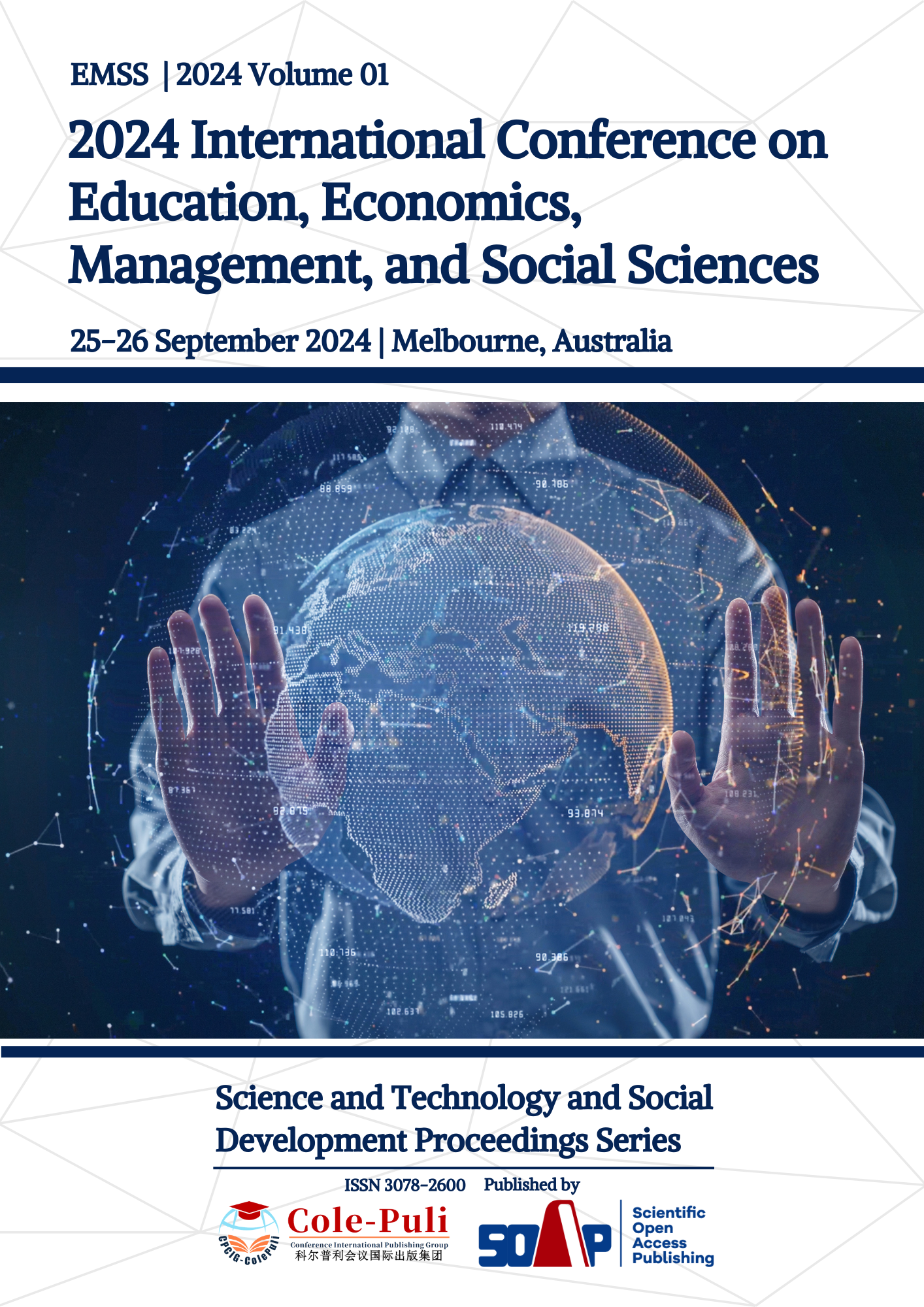Experiences of a Chinese English Learner in the Framework of Sociocultural Theory: An Autoethnography
DOI:
https://doi.org/10.70088/1h8z0931Keywords:
sociocultural theory, Zone of Proximal Development, second language acquisition, autoethnographyAbstract
This study explores the process of second language acquisition (SLA) among Chinese learners within the framework of sociocultural theory, particularly focusing on Vygotsky’s Zone of Proximal Development (ZPD). Through an autoethnographic methodology, the author reflects on personal experiences of learning English in both China and abroad, aiming to fill a gap in SLA research by emphasizing localized Chinese contexts. The findings suggest that access to guidance from more capable individuals, whether teachers, peers, or others—plays a critical role in helping learners navigate their ZPD, thus enhancing their language acquisition. However, the study identifies that many Chinese learners underutilize their surrounding sociocultural environment, limiting their learning potential. This research not only underscores the role of ZPD in language learning but also offers practical insights for both students and educators, advocating for greater student agency in seeking help and for teachers to actively engage in fostering students' ZPD development. Despite its contributions, the study’s autoethnographic approach introduces limitations in terms of subjectivity and sample size, highlighting the need for future research to incorporate diverse perspectives and larger datasets. This research offers a valuable perspective on how sociocultural theory can inform SLA practices in Chinese educational settings, contributing to improved pedagogical strategies.











